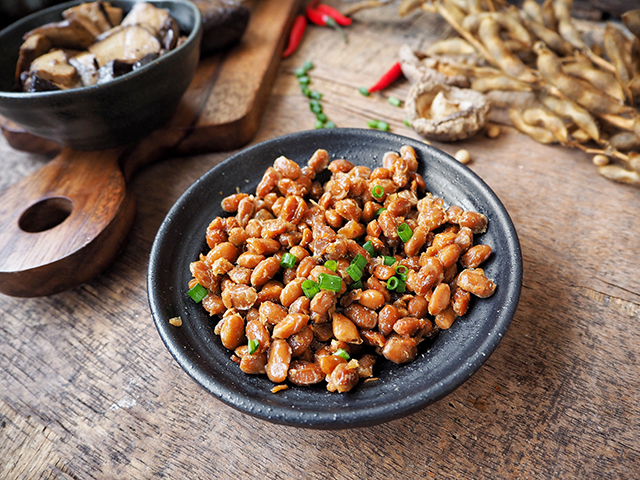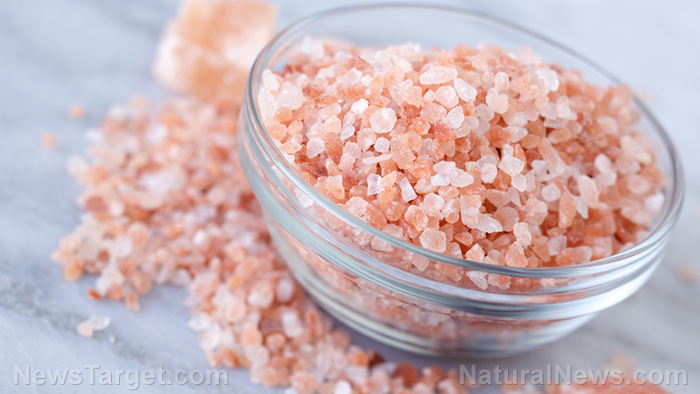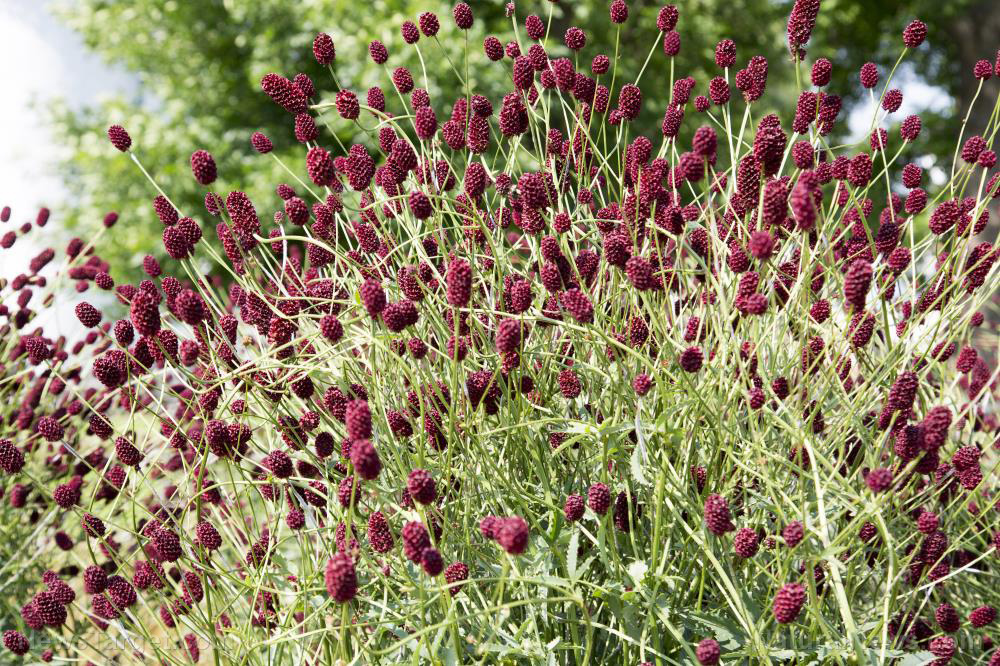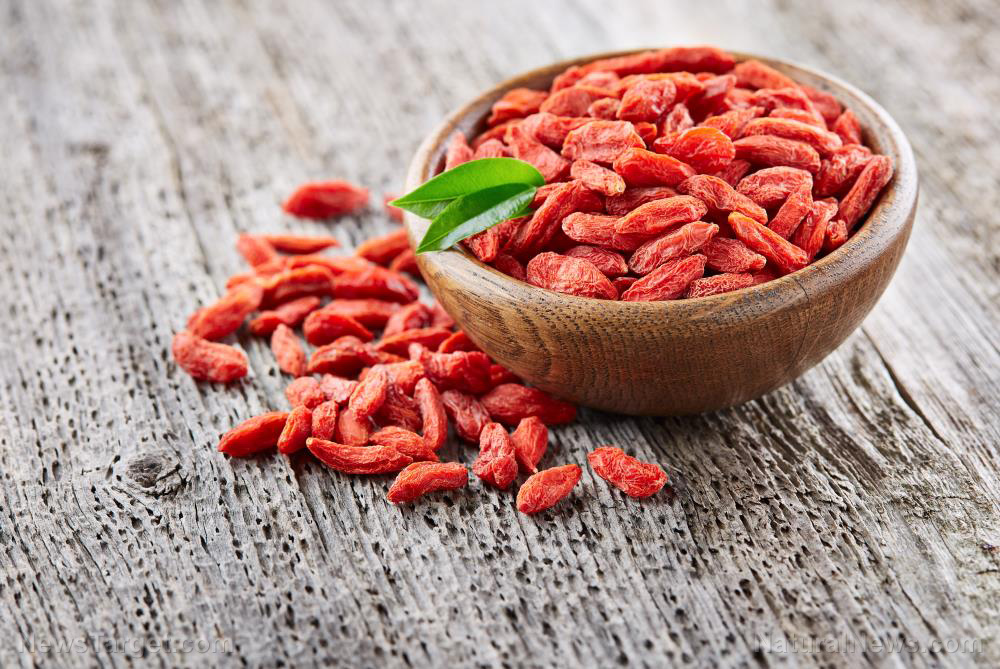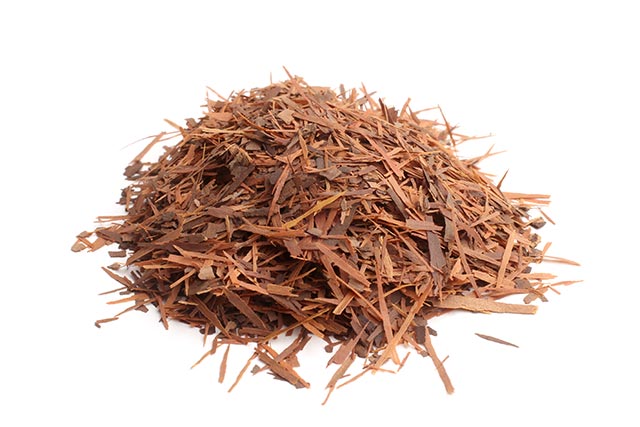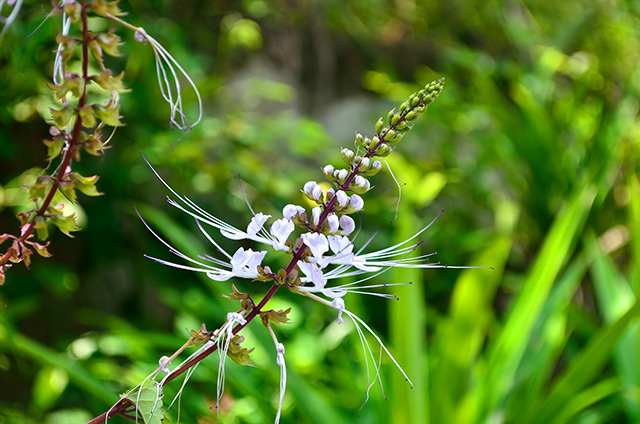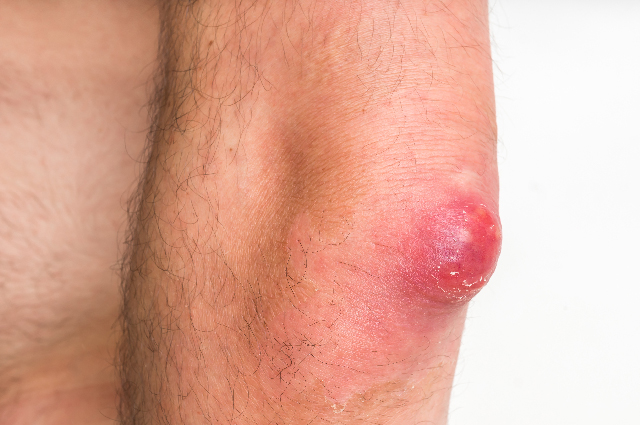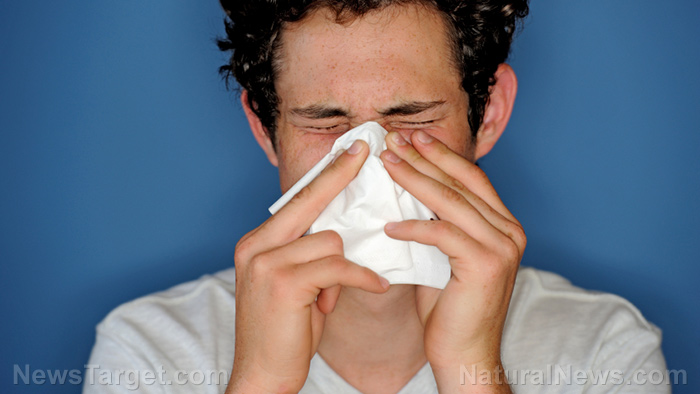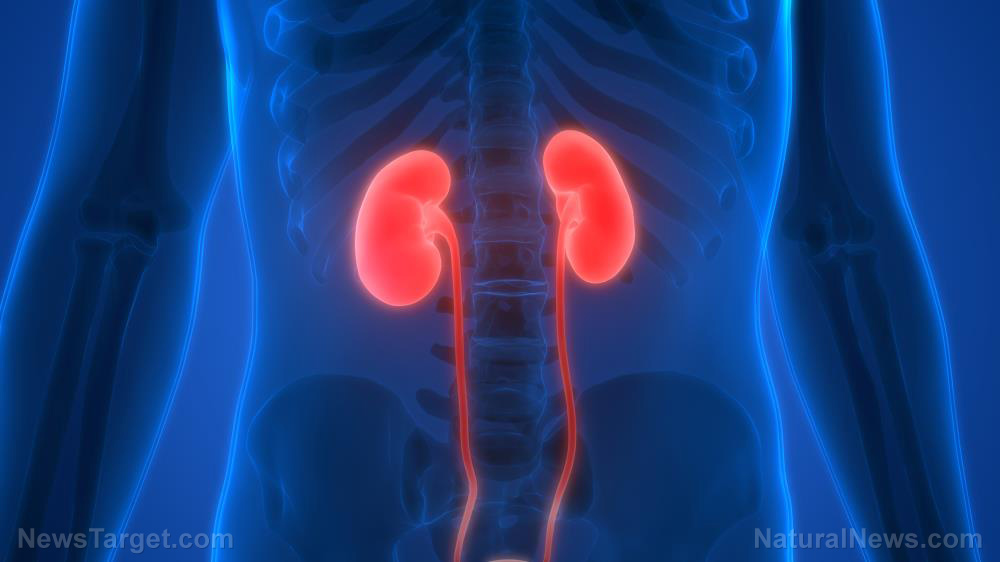The Indian madder offers a natural way to remedy diarrhea
08/26/2018 / By RJ Jhonson

A study published in the journal BMC Complementary and Alternative Medicine confirmed the medicinal properties of the Indian madder, a traditional medicine used in China for its anti-diarrheal and anti-inflammatory effects.
Diarrhea is one of the deadliest health conditions in many developing countries. To an adult, it might seem more like an annoyance than an actual disease, but diarrhea in children is a serious matter. The Centers for Disease Control and Prevention (CDC) estimates that one in nine child deaths worldwide is caused by the condition.
Most of the fatalities from diarrhea occur because of the dehydration that results from it. Because of the uncontrolled bowel movement, the body can lose more fluids and salt than it can handle. Severe dehydration is almost always followed by damage to the internal organs which, in many instances, cause death.
There are a number of natural treatments for diarrhea. In China’s Shaanxi province, for example, people use the aqueous extract taken from the aerial parts of the Rubia cordifolia (AERCAP), also known as the common madder or the Indian madder.
To prove the plant’s purported effects, the authors of this study created rat models. These were to test R. cordifolia’s effects on diarrhea induced through the administration of senna leaf and castor oil. The researchers also wanted to test the plant’s acute toxicity levels and its anti-inflammatory properties.
They fed the rats with a senna leaf decoction at a dosage of 0.4 milliliters (mL). Those animals that developed diarrhea were then selected for the final phase of this particular experiment. Of the animals that passed, 50 were chosen. These rats were divided into five groups of 10 members each. One group served as control and was treated with distilled water; another group was treated with 4 milligrams/kilogram (mg/kg) of loperamide, while the rest were given 500, 1,000, and 2,000 mg/kg of AERCAP.
After 30 minutes, the mice were once again given the senna leaf decoction and observed. The scientists also took note of the nature of the animals’ feces to evaluate the severity of diarrhea. They then repeated all the steps above but used 0.2 ml of castor oil to induce diarrhea.
To determine AERCAP’s anti-inflammatory properties, the scientists induced colonic inflammation in the animals using trinitrobenzene sulfonic acid (TNBS). The rats were sacrificed, and their colons were examined for any inflammation.
They discovered that AERCAP delayed the onset of semi-solid feces in the mice with senna leaf-induced diarrhea. The extract also inhibited the propulsive movement in castor oil-induced diarrhea. The administration of AERCAP also reduced damage caused by the administration of TNBS to the rat colon.
Acute toxicity tests revealed no signs of mortality and toxicity throughout the observational period, indicating that AERCAP is safe to use in all tested dosages.
The researchers confirmed that AERCAP has anti-diarrheal and anti-inflammatory properties validating its role and use in traditional Chinese medicine.
Natural treatments for diarrhea
Diarrhea is curable using home treatments. Here are some of the most effective examples:
- Drink water – As previously mentioned, one of the worst side effects of diarrhea is dehydration. This can be avoided by constantly drinking water and replenishing whatever electrolytes are lost. Soda, milk, and caffeinated drinks need to be avoided.
- Ingest probiotics – Many forms of diarrhea are induced by the action of microbial pathogens. Probiotics or gut bacteria help control pathogen populations and maintain healthy gastrointestinal function.
- Eat the right food – A good rule of thumb when one has diarrhea is to remember BRAT: Bananas, Rice, Applesauce, and Toast. These items will help ease diarrhea symptoms. Other food items that the body tolerates well are chicken soup, baked chicken, boiled or baked potatoes, and oatmeal.
Learn of ways to naturally treat diarrhea at Remedies.news.
Sources include:
Tagged Under: alternative medicine, anti-diarrheal, anti-inflammatory, diarrhea, herbal medicine, Herbs, Indian madder, natural cures, natural medicine, natural remedies, remedies, research, Rubia cordifolia, TCM, traditional Chinese medicine

